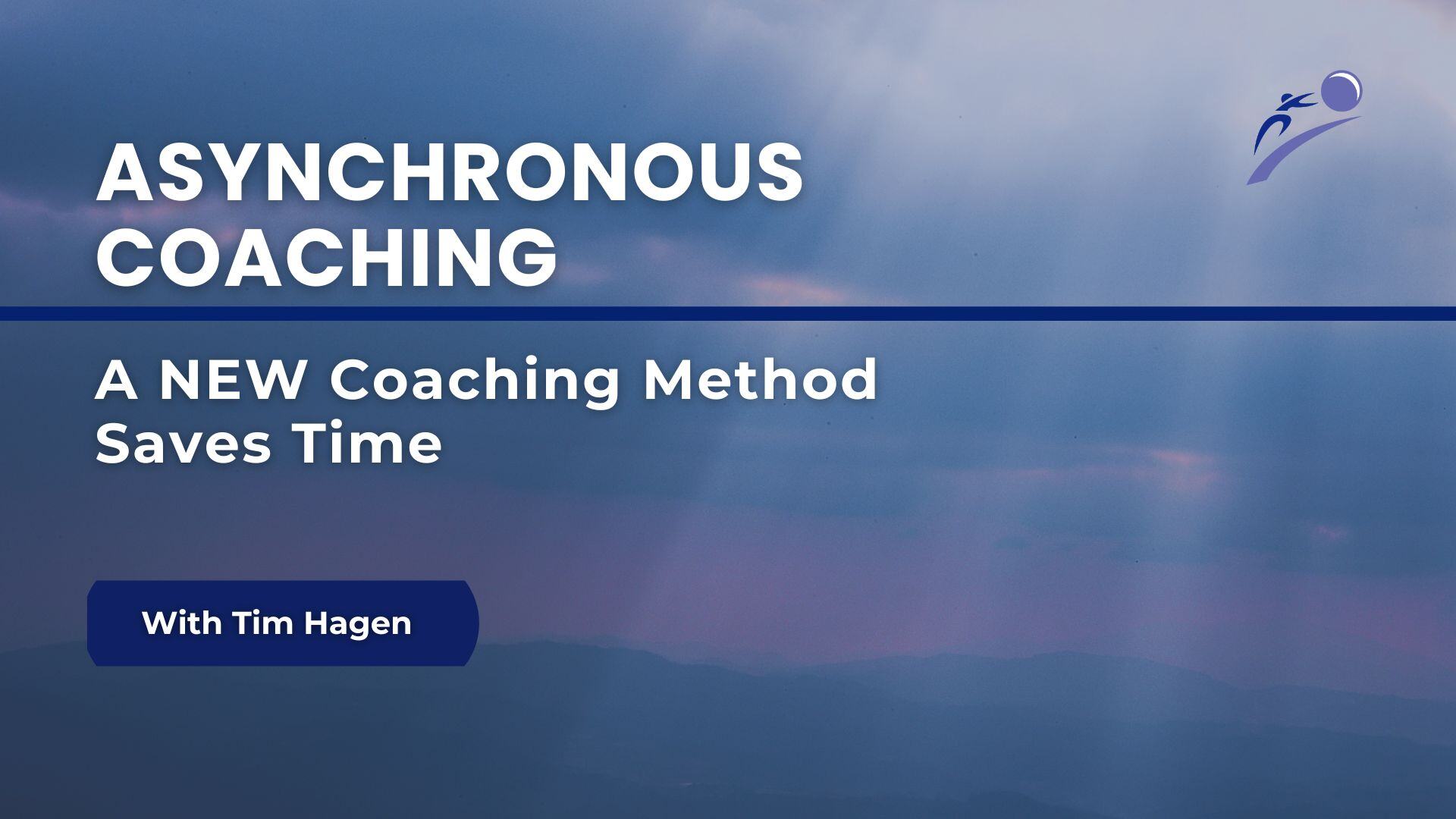Coaching and mentoring a children's basketball team and coaching adults in a business environment should not be all that different. In order to successfully coach both children and adults we must reward effort, and allow pupils to learn from their mistakes. Just telling them what they are doing wrong and then walking away in either situation won't work. Typically it’s easiest to just reprimand, but then you must ask yourself, have I driven performance?
Have you ever seen the look on a child’s face when their parent or coach yells at them during or after a game because they made a mistake or didn’t play well? They look upset, discouraged, sometimes on the verge of tears. We look at that child and think, wow what an aggressive coach they sure aren't helping, and yet while we feel for the child, we may go into work the next day and essentially do the same thing to our employees. You may not see those puppy dog eyes because employees know that kind of reaction wouldn’t be professional, but the feeling inside is very likely the same.
The next time you want to walk into an office to tell someone what he or she did wrong, stop yourself and think, “would I coach a child basketball in this way?” If the answer is no, then you need to go with a different approach. One that helps them get better, instead of just bringing down their confidence.




